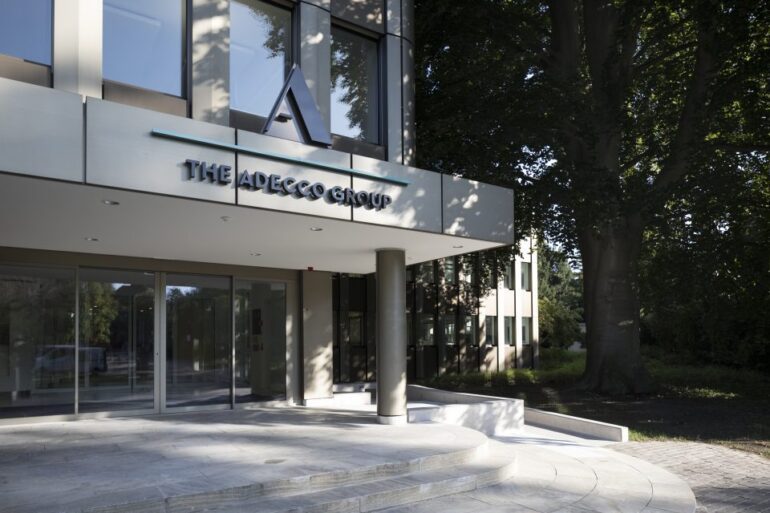TL;DR:
- Adecco and Microsoft’s partnership focuses on creating a groundbreaking career platform to assess and enhance individual skills.
- The platform will offer personalized career advice, coaching, and upskilling opportunities to prepare for emerging job opportunities.
- Adecco’s CEO highlights the need to address the gap in AI adoption and access to training for workers.
- The collaboration encompasses responsible and ethical AI adoption, inclusivity, GenAI integration, and co-developing market solutions.
- Microsoft’s Corporate VP sees the partnership as a way to augment human capabilities and promote inclusive access to GenAI.
Main AI News:
In a groundbreaking move poised to reshape the future of work, the Adecco Group has sealed a momentous deal with tech behemoth Microsoft Corp. This partnership aims to forge a cutting-edge career platform, an integral component of their comprehensive memorandum of understanding. At its core, this platform is designed to evaluate individuals’ current skill sets, strengths, and areas requiring development, subsequently aligning them with the ever-evolving demands of the labor market.
The innovation lies in its ability to deliver personalized career counsel and a suite of services encompassing coaching, micro-learning, and upskilling. This strategic endeavor is set to empower individuals for the forthcoming wave of job opportunities, ensuring their perpetual employability in the face of a rapidly changing job landscape.
While major corporations have been fervently embracing artificial intelligence (AI), there remains a pressing concern for the workforce that could be inadvertently left behind. Denis Machuel, CEO of Adecco, underscores this issue, stating, “Our research underscores that 70% of workers are now integrating GenAI into their work, but the accessibility of training and guidance continues to be a formidable hurdle. Our vision is to empower every individual to continuously refine their skills and maintain employability in the age of GenAI.”
The overarching memorandum doesn’t stop here; it outlines four key areas of cooperation where Adecco and Microsoft will join forces:
- Fostering Responsible and Ethical AI Adoption: Together, they will actively support the ethical integration of generative AI across the workforce. This entails constructively advocating for AI-related policymaking and workforce planning that upholds principles of fairness, inclusivity, safety, transparency, privacy, and accountability.
- Inclusivity at the Heart of AI: Their joint mission is to dismantle geographical, generational, racial, gender, socioeconomic, and other barriers that may impede the widespread and inclusive use of generative AI in the workforce.
- Pioneering GenAI Integration: Adecco and Microsoft are committed to expediting the integration of GenAI within organizations. By doing so, they aim to unlock economic opportunities, bridge skill gaps, and foster an inclusive work environment, all driven by the power of GenAI.
- Collaborative Market Solutions: The partners are set to co-create products and solutions that will guide individuals and organizations through the uncharted territories of new job creation, job augmentation, and job transitions in the era of GenAI-enabled work.
Hayete Gallot, Corporate VP of Commercial Solutions at Microsoft, expresses enthusiasm about the shared vision, stating, “With our unified aspiration to harness the transformative potential of GenAI in revolutionizing the world of work, we eagerly anticipate our collaboration with The Adecco Group. Together, we aim to elevate human capabilities and creativity while ensuring universal access to the incredible capabilities of GenAI for people worldwide.”
Conclusion:
The strategic collaboration between Adecco and Microsoft signifies a significant shift in the job market. By harnessing the power of GenAI and focusing on ethical AI adoption, inclusivity, and workforce development, this partnership is set to reshape the employment landscape, ensuring individuals are equipped to thrive in the era of artificial intelligence. It reflects a commitment to bridging the gap between technology and workers, ultimately driving economic growth and inclusivity in the global job market.

